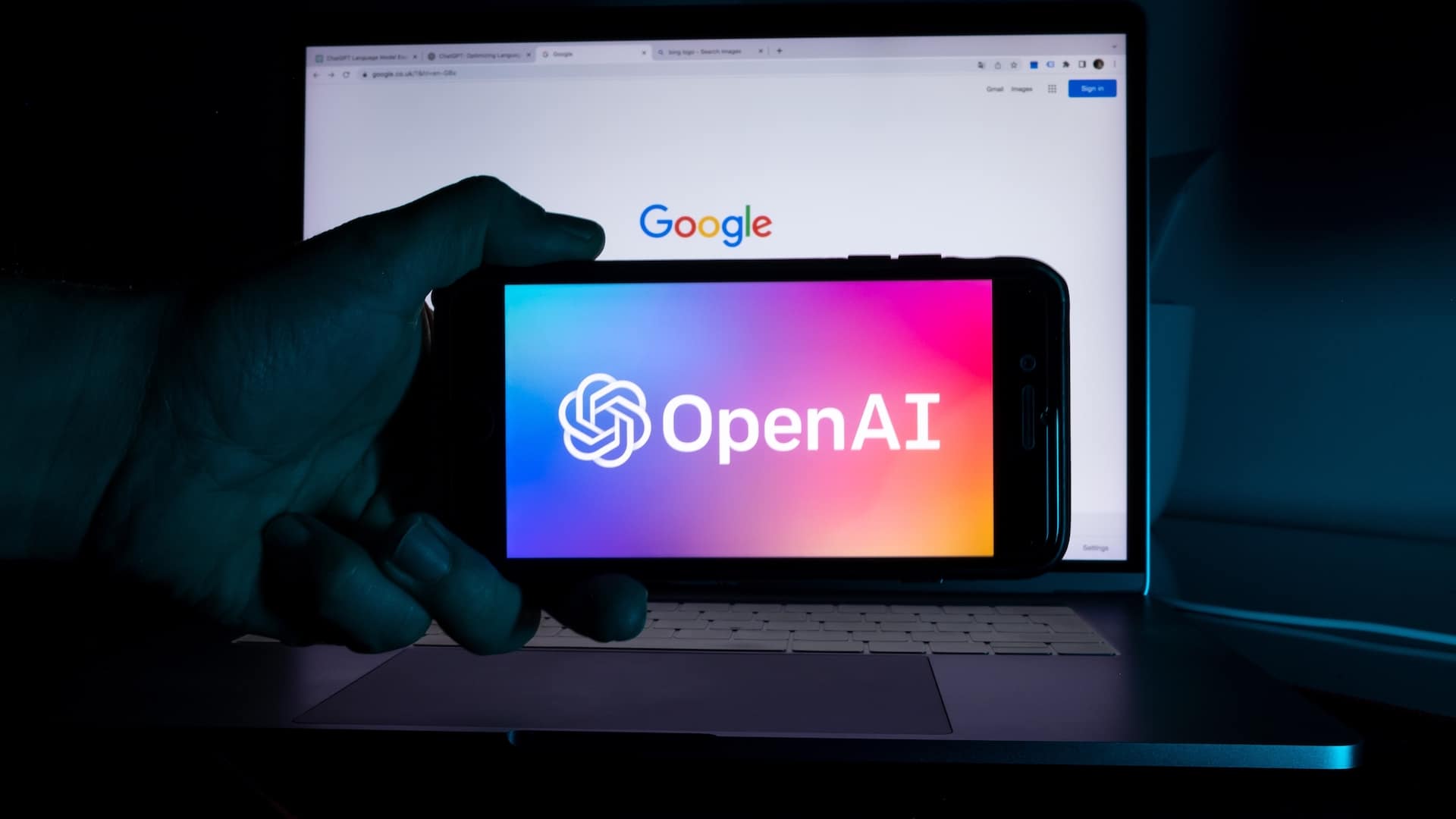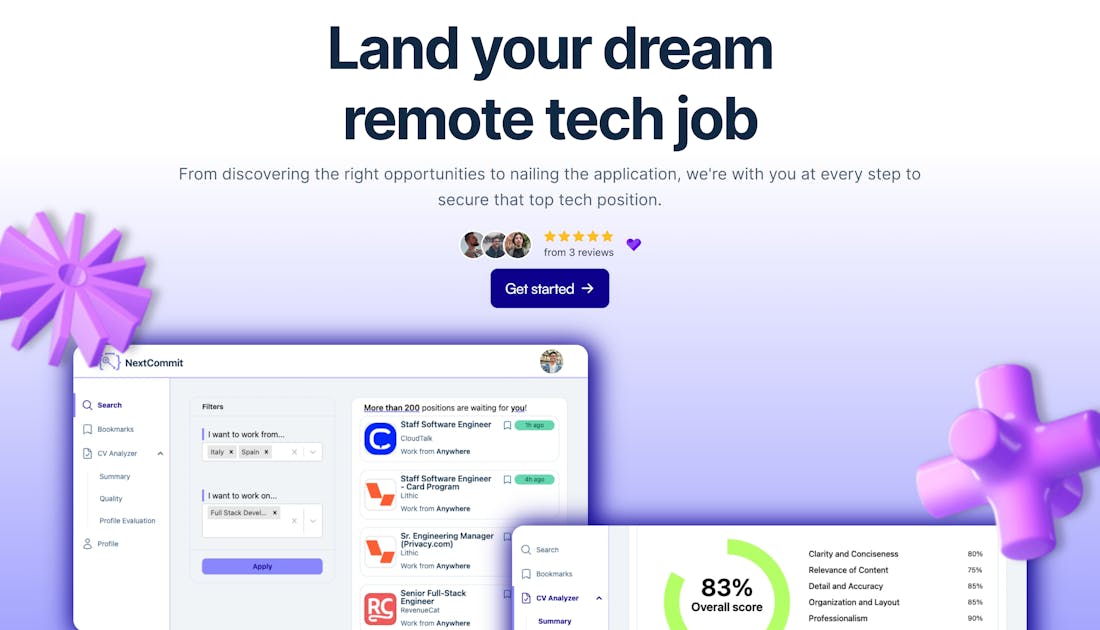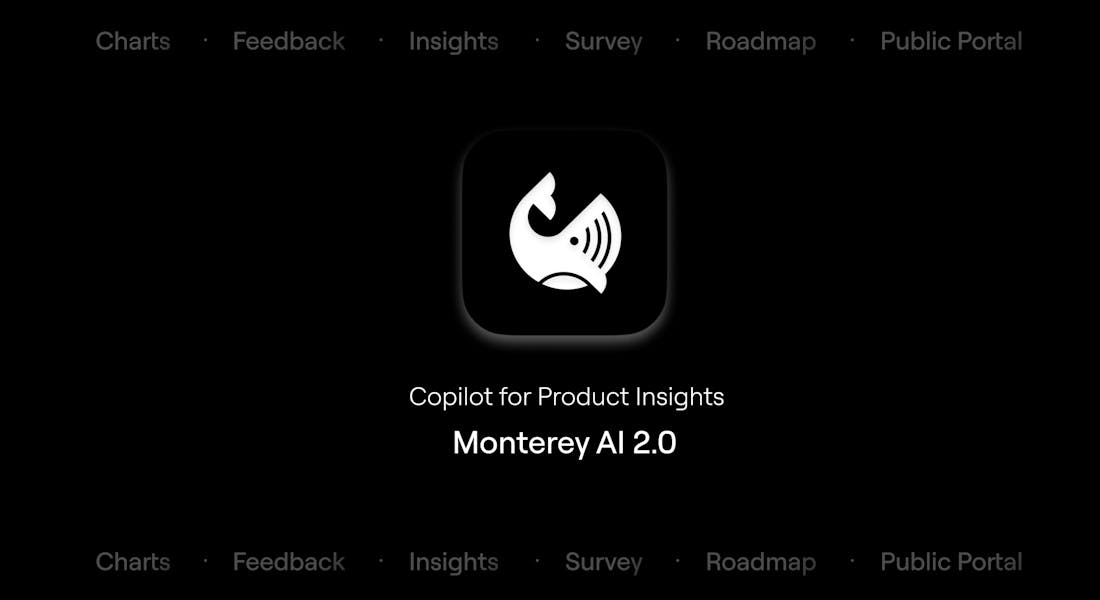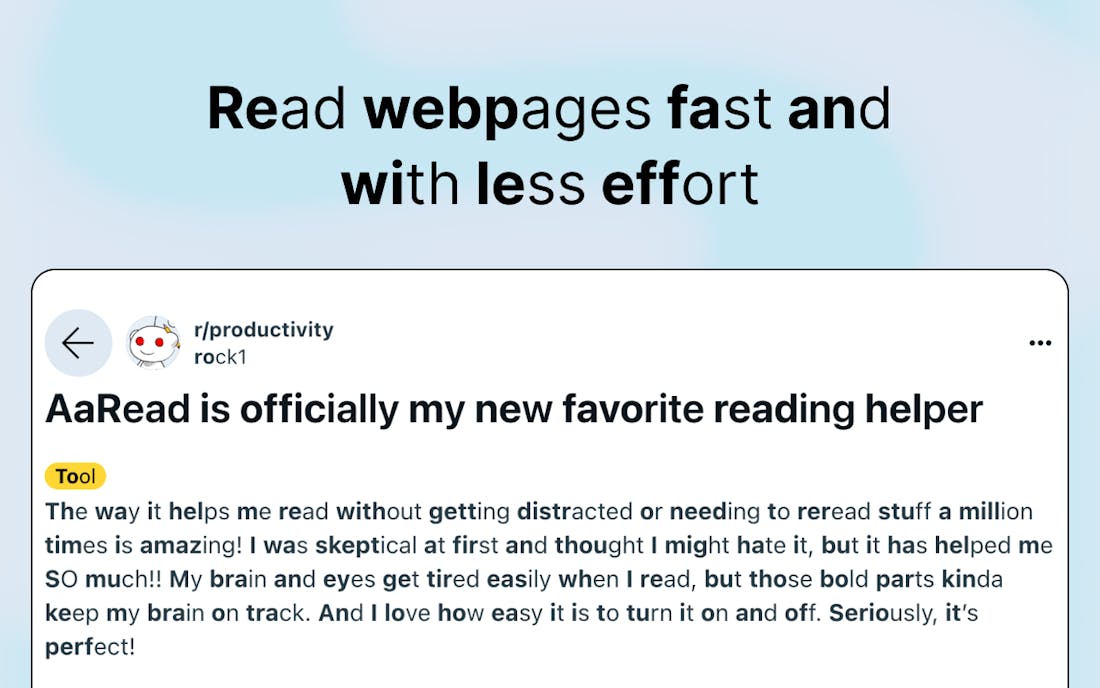- Superpower Daily
- Posts
- OpenAI working on web search product
OpenAI working on web search product
Microsoft’s OpenAI investment was triggered by Google fears
I’m In today’s email:
👀 Sam Altman says helpful agents are poised to become AI’s killer function
🔥 A new neural network just dropped
👮🏼♀️ Microsoft bans US police departments from using enterprise AI tools for facial recognition
🧰 8 new AI-powered tools and resources. Make sure to check the online version for the full list of tools.



OpenAI, known for its AI innovations like ChatGPT, is reportedly developing a web search product that could integrate with Microsoft Bing. This development is part of a natural progression for OpenAI, which already has capabilities like the GPTBot web crawler and provides ChatGPT Plus users with the option to browse the web via Bing. This new venture could potentially offer a unique alternative in the search engine market, leveraging the strengths of OpenAI's AI technology.
However, challenging Google's dominance in the search engine space is met with skepticism. Google is not only a staple in web searching habits globally, but it has also maintained a vast lead over competitors despite numerous attempts by companies like Microsoft to close the gap. The history of failed "Google killers" like Blekko and Cuil serves as a testament to the difficulty of breaking Google's stronghold, emphasizing the challenge OpenAI faces in making a significant impact.
The idea of an OpenAI search engine is intriguing and could provide value, particularly if it successfully leverages AI to enhance search capabilities. However, the reality of competing with Google's immense traffic and established user base highlights the monumental task ahead for OpenAI. The evolution of this search product and its impact on the market and user habits will be key areas to watch as OpenAI continues to innovate in the AI and search engine domains.

Georgia Tech and Meta have teamed up to create OpenDAC, a comprehensive open-source database to aid in the development of direct air capture (DAC) technologies, aimed at addressing climate change by removing CO2 from the atmosphere. This database is enriched with data from 8,400 materials and nearly 40 million quantum mechanics calculations, providing a unique tool for researchers. By leveraging this dataset, they have developed AI models that can quickly and accurately predict the interaction of materials with CO2, enhancing the efficiency and pace of discovering effective materials for DAC.
The project taps into the expertise of Georgia Tech's faculty, such as David Sholl and Andrew J. Medford, who have deep knowledge in materials chemistry and machine learning applications in quantum simulations. Their collaboration with Meta’s Fundamental AI Research (FAIR) team has utilized extensive quantum chemistry calculations, performed on an unprecedented scale, to train these AI models. This training enables the models to simulate material behaviors with high accuracy, skipping the traditionally slow and resource-intensive methods.
Looking forward, the OpenDAC initiative aspires to spur further research and development in DAC technologies, essential for achieving net-zero carbon emissions by 2050 as outlined by global climate goals. The project not only provides a tool for current researchers but also lays the groundwork for future advancements in DAC by making the dataset and tools widely available for the scientific community, thereby supporting the pursuit of new materials capable of efficiently capturing atmospheric CO2.
:format(webp)/cdn.vox-cdn.com/uploads/chorus_asset/file/25428773/1778706504.jpg)
Microsoft's decision to invest $1 billion in OpenAI in 2019 was primarily motivated by concerns that Google was significantly ahead in AI development, as revealed through an internal email among Microsoft's top executives. The email, part of a US Justice Department antitrust case against Google, exposed Microsoft's worries about lagging behind in machine learning capabilities, especially highlighted by their struggle to replicate Google's BERT language model. This email dialogue involved significant figures such as Microsoft CTO Kevin Scott, CEO Satya Nadella, and co-founder Bill Gates, underscoring the strategic importance of this investment.
The internal discussions emphasized the competitive edge Google had gained through its early AI initiatives, which were impacting Microsoft's products like Bing. Kevin Scott acknowledged being initially skeptical about AI's utility beyond gaming applications but recognized its potential after seeing advancements in natural language processing models by Google and OpenAI. This realization pushed Microsoft to consider substantial investments in AI to catch up and possibly lead in this technological field.
By 2024, Microsoft had significantly increased its investment in OpenAI to over $13 billion, incorporating AI into core products such as Office apps, Bing, Edge, and Windows. This strategic move has not only helped Microsoft to close the gap with Google but also positioned it as a leader in the AI space. CEO Satya Nadella's focus on AI and security for the future reflects the company's commitment to integrating AI technology across its suite of products, marking a pivotal shift in Microsoft's strategy prompted by initial fears of falling behind Google.
Former OpenAI board member Helen Toner: How to Govern AI
The struggle to understand and predict artificial intelligence (AI) stands as one of the greatest challenges in its governance. Unlike traditional technologies where builders have a clear concept of their creation, AI's inner workings remain enigmatic due to its complex and vast computational processes. This lack of understanding is critical, as it impedes our ability to foresee the technology's trajectory and its capabilities. Despite these obstacles, AI's pervasive influence in society necessitates proactive governance. Over eight years of working in AI policy, first in San Francisco and now in Washington, D.C., has provided insights into both governmental and industry attempts to manage AI.
In grappling with AI’s complexities, experts confront the fundamental question of what it means to be intelligent, which varies widely and affects expectations of the technology’s evolution. Historical comparisons, like the Wright brothers’ clear objective of achieving flight, highlight AI's unique challenge: there is no consensus on the essence of intelligence, whether it involves problem-solving, learning, emotional responses, or physical interaction. This ambiguity complicates the classification of AI systems, such as whether systems like ChatGPT are narrow AI, limited to specific tasks, or closer to artificial general intelligence (AGI), capable of performing any human task, revealing the inadequacy of these traditional categories in capturing the true nature of AI technologies.
To navigate these uncertainties, a dual approach is proposed for both the public and policymakers. For the public, the emphasis is on demystifying AI and encouraging broad participation in shaping its use, drawing parallels to historical movements where non-experts significantly influenced technological governance. For policymakers, the focus is on adaptability and informed decision-making, with strategies like enhancing AI measurement techniques, mandating transparency from AI firms, and establishing robust incident reporting systems. These measures aim to provide a clearer understanding of AI’s development and ensure preparedness for various future scenarios, thus enabling a more deliberate and inclusive approach to governing the rapidly evolving field of AI.
Other stuff
OpenAI Assistants API quickstart with Next.js.
A new neural network just dropped
Sam Altman says helpful agents are poised to become AI’s killer function
Meta Announces Better & Faster Large Language Models via Multi-token Prediction
Llama3 as Copilot in VSCode. Completely private and free
AI Is Helping Automate One of the World’s Most Gruesome Jobs
InstantFamily - Masked Attention for Zero-shot Multi-ID Image Generation
AI Chatbots Have Thoroughly Infiltrated Scientific Publishing
Four start-ups lead China’s race to match OpenAI’s ChatGPT
Refusal in LLMs is mediated by a single direction
Microsoft bans US police departments from using enterprise AI tools for facial recognition
Superpower ChatGPT now supports voice 🎉
Text-to-Speech and Speech-to-Text. Easily have a conversation with ChatGPT on your computer


DevOn - An AI software engineer that can operate a Replit IDE in real-time like a human, web browse & use a scratchpad

Middlebop - Multiple AI models always same syntax

NextCommit - Land your dream remote tech job

Dhime - AI-powered dance coach

Monterey AI - Copilot for Product Insights

AaRead - Read webpages fast and without tiring your eyes

Brainey docs - Convert PDFs into Explainer Videos using AI

Senior AI - Leverage AI to develop and maintain software products.



How did you like today’s newsletter? |
Help share Superpower
⚡️ Be the Highlight of Someone's Day - Think a friend would enjoy this? Go ahead and forward it. They'll thank you for it!
Hope you enjoyed today's newsletter
Did you know you can add Superpower Daily to your RSS feed https://rss.beehiiv.com/feeds/GcFiF2T4I5.xml
⚡️ Join over 200,000 people using the Superpower ChatGPT extension on Chrome and Firefox.



